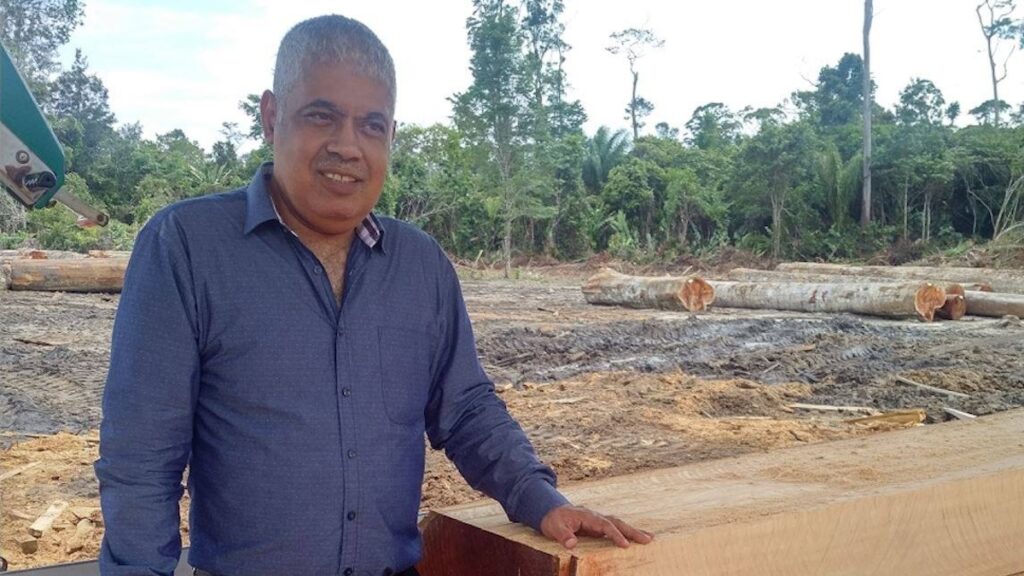Former Vice President Robert Ameerali asserts that splinter groups leaving a certain party do not actually take thousands of votes with them. Recently, the group Djojo left the NDP out of dissatisfaction. Ameerali states, based on historical statistics, that such groups take at most a few hundred votes with them.
The majority still remains with the party they originally came from. The group Djojo, which has now been renamed the Democrats of Suriname (DVS), takes at most 150 people with them. They are bringing “friends and family.” In the past, similar cases have also occurred, Ameerali mentioned in a conversation with *Radio ABC*.
Another example is the current Minister of Education, Henry Ori, who joined the VHP but did not contribute much in terms of support. He challenges anyone leaving a party to prove that they actually possess a large following. According to him, it is simply not true. It is important for parties to place individuals on their lists for the upcoming elections whom they believe will prioritize the public interest.
The only exception so far is the split within Pertjajah Luhur, where the Reform and Renewal Movement (HVB) detached itself from the parent party and managed to garner thousands of votes in the 2020 elections—just not enough for a seat. This split was indeed felt within the PL, which barely managed to secure just one seat.
Ameerali also addressed the Marron voters. The Marron voters form one of the largest groups, but in practice, their turnout during elections is low. According to the former VP, this is due to demographic factors. He advocates for enabling voting outside the district. However, he believes this has not been taken seriously. Ameerali states that parties, historically supported by the Marrons, have the most realistic opportunity to grow by increasing the number of Marron voters.





